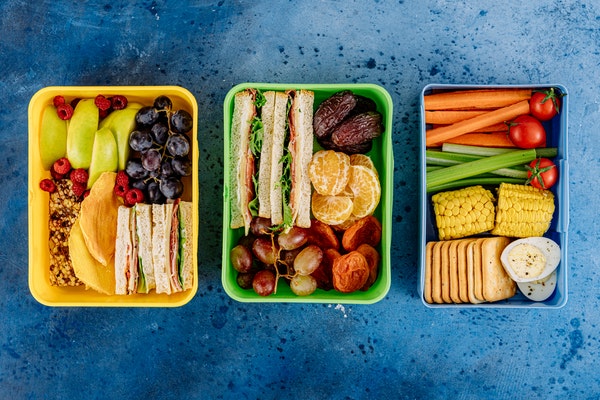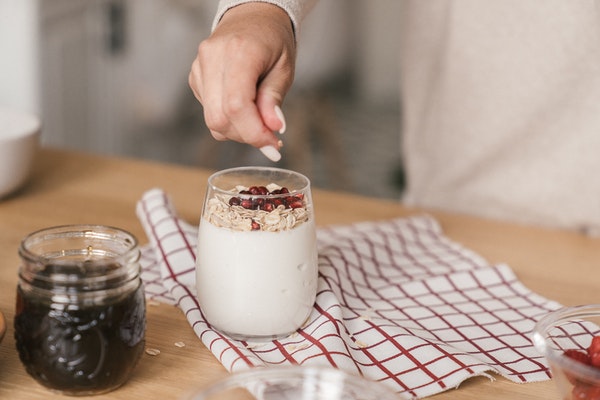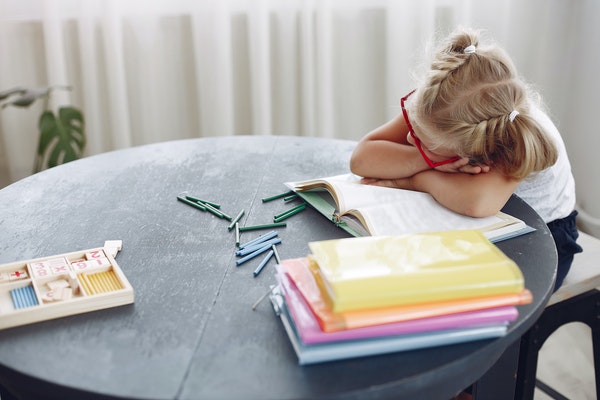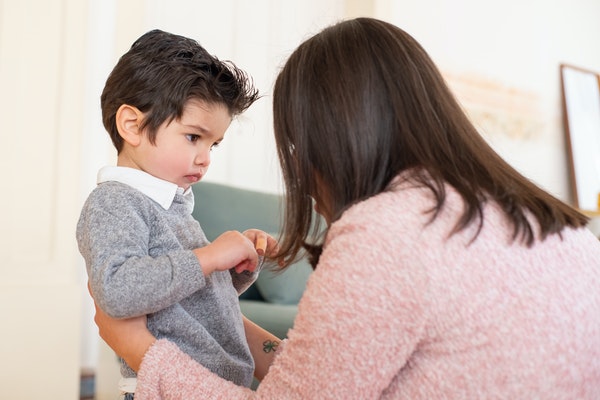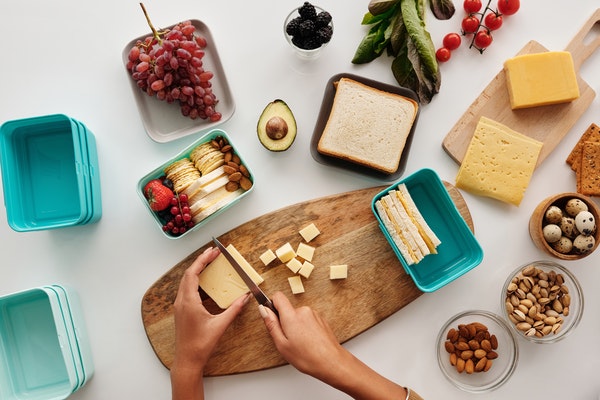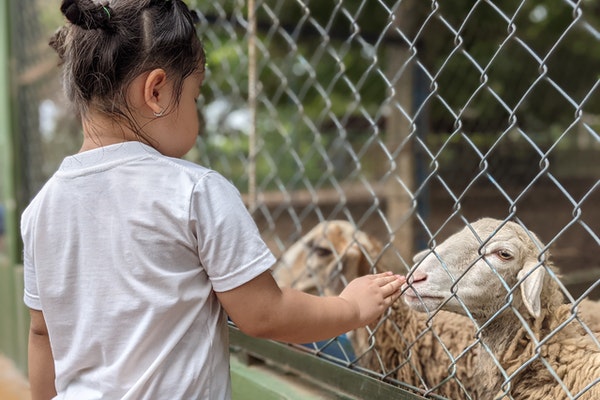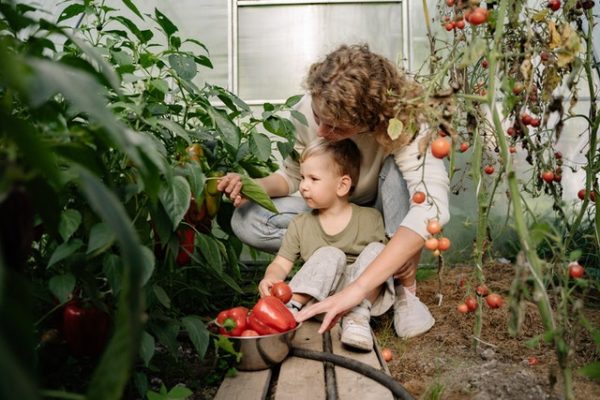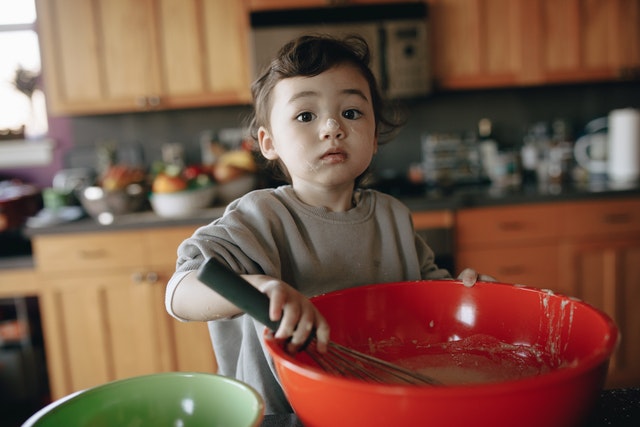As winter approaches and we welcome the colder weather, we (naturally) worry a little more about our children’s health. After all, cold and flu season can hit them pretty hard! So we wanted to discuss the importance of keeping your children warm this winter. But that’s not all! We’re also sharing our top tips to help ensure they remain healthy and happy despite the harsh weather conditions.
Why is it so important to stay warm in winter?
It’s no secret that we become more susceptible to coughs, colds and respiratory viruses throughout the winter. But why is that? Well, there are a few reasons.
Firstly, the cold air inhibits our body’s ability to ward off respiratory infections. Secondly, viruses can survive longer in cold, dry conditions – so they can circulate for longer. And thirdly, we spend a lot more time in close contact with others as we huddle indoors throughout the winter. As a result, infections can spread quickly throughout schools and nurseries.
So, what can you do to keep your children warm and ward off infections this winter?

1. Wear lots of layers
Light layers are the perfect solution for keeping your children warm without making them uncomfortably hot. We recommend starting with vests and thermals underneath their ordinary clothes (especially if your child has to wear a uniform). Then you can focus on their outer layers. Thin raincoats are perfect for the wet, warmer weather. But as it gets colder, you may want to swap this out for a winter coat paired with a hat, scarf and gloves.
(P.S. don’t forget footwear! Thicker socks and waterproof shoes are essential, but wellies are also a welcome addition for winter walks and outdoor activities.)

2. Stay active
For many parents, the temptation is to keep their children inside and away from the cold. But outdoor activities are actually a fantastic way to promote your child’s health and development. So remember, whether you go for walks, visit your local park or sign them up for their favourite sport, physical activity is a great way of keeping your children warm.
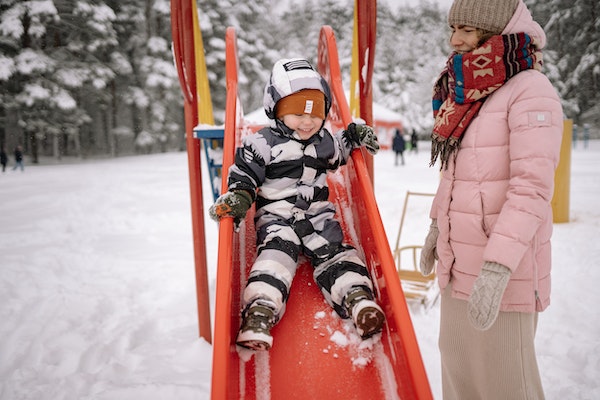
3. Enjoy warming drinks and dinners
Did you know we burn more calories in the winter than in the summer? It’s true! Our bodies expend more energy to keep us warm. So make sure your family are fuelled for the winter with a selection of warming dinners and drinks.
Soups and stews are healthy, nutritious meals perfect for keeping your children warm (and sneaking in their vegetables), whilst warm milk or hot chocolates are cosy treats packed full of calcium.

4. Wash your hands
Our final tip is less about keeping your children warm and more about ensuring they don’t catch a cold.
To protect your children from catching or spreading infections, we strongly suggest you practise washing your hands together. If you can create a habit around handwashing before and after meals, after using the bathroom and after blowing their nose, your child has a far better chance of avoiding colds and viruses. So do your best to practise sanitisation this winter.

Stay warm this winter
We all want to enjoy a happy and healthy winter. So, try out these tips for keeping your children warm during the cold months. And remember, staying warm doesn’t mean staying indoors. Get outside, enjoy the weather and blow the cobwebs away! Just make sure you’re wearing cosy clothing!
At Schoolhouse Daycare, we enjoy learning, encouraging confidence and we love life! If you think your child would enjoy life at Schoolhouse, then please do not hesitate to arrange a visit.


